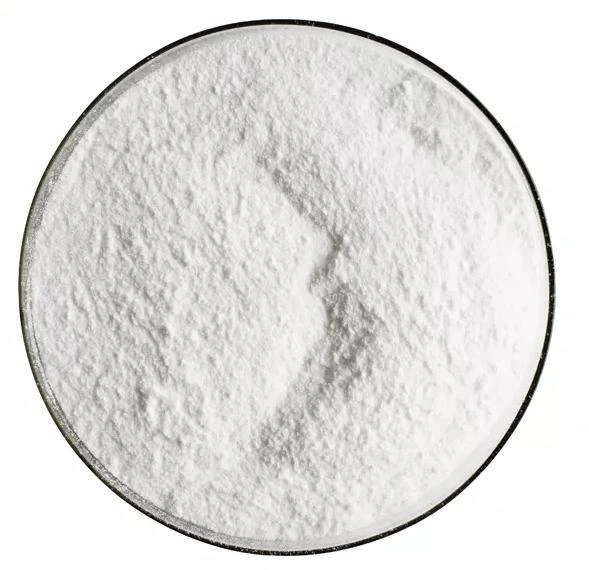Warning: Undefined array key "title" in /home/www/wwwroot/HTML/www.exportstart.com/wp-content/themes/1198/header.php on line 6
Warning: Undefined array key "file" in /home/www/wwwroot/HTML/www.exportstart.com/wp-content/themes/1198/header.php on line 7
Warning: Undefined array key "title" in /home/www/wwwroot/HTML/www.exportstart.com/wp-content/themes/1198/header.php on line 7
Warning: Undefined array key "title" in /home/www/wwwroot/HTML/www.exportstart.com/wp-content/themes/1198/header.php on line 7
- Afrikaans
- Albanian
- Amharic
- Arabic
- Armenian
- Azerbaijani
- Basque
- Belarusian
- Bengali
- Bosnian
- Bulgarian
- Catalan
- Cebuano
- China
- China (Taiwan)
- Corsican
- Croatian
- Czech
- Danish
- Dutch
- English
- Esperanto
- Estonian
- Finnish
- French
- Frisian
- Galician
- Georgian
- German
- Greek
- Gujarati
- Haitian Creole
- hausa
- hawaiian
- Hebrew
- Hindi
- Miao
- Hungarian
- Icelandic
- igbo
- Indonesian
- irish
- Italian
- Japanese
- Javanese
- Kannada
- kazakh
- Khmer
- Rwandese
- Korean
- Kurdish
- Kyrgyz
- Lao
- Latin
- Latvian
- Lithuanian
- Luxembourgish
- Macedonian
- Malgashi
- Malay
- Malayalam
- Maltese
- Maori
- Marathi
- Mongolian
- Myanmar
- Nepali
- Norwegian
- Norwegian
- Occitan
- Pashto
- Persian
- Polish
- Portuguese
- Punjabi
- Romanian
- Russian
- Samoan
- Scottish Gaelic
- Serbian
- Sesotho
- Shona
- Sindhi
- Sinhala
- Slovak
- Slovenian
- Somali
- Spanish
- Sundanese
- Swahili
- Swedish
- Tagalog
- Tajik
- Tamil
- Tatar
- Telugu
- Thai
- Turkish
- Turkmen
- Ukrainian
- Urdu
- Uighur
- Uzbek
- Vietnamese
- Welsh
- Bantu
- Yiddish
- Yoruba
- Zulu
11 月 . 30, 2024 04:25 Back to list
Is Xanthan Gum Safe for Consumption and Usage in Food Products?
Is Xanthan Gum Safe for Consumption?
Xanthan gum, a polysaccharide produced through the fermentation of sugar by the bacterium Xanthomonas campestris, is a common food additive used for its thickening and stabilizing properties. It has gained widespread popularity in the food industry, often used in salad dressings, sauces, gluten-free products, and various processed foods. However, as with any food ingredient, consumers often wonder about its safety and potential health effects.
What is Xanthan Gum?
Xanthan gum is primarily derived from the fermentation of glucose, sucrose, or lactose. The process begins with the fermentation of these sugars by Xanthomonas campestris, a non-pathogenic bacterium. Once produced, the xanthan gum is harvested, purified, and dried into a powder form that is easy to incorporate into foods. It works by thickening liquids and helping to stabilize emulsions, which is particularly useful in mayonnaise and salad dressings. In gluten-free cooking and baking, it helps provide the elasticity and texture that gluten typically offers.
Safety of Xanthan Gum
The safety of xanthan gum for human consumption has been evaluated by several food safety authorities worldwide, including the Food and Drug Administration (FDA) in the United States and the European Food Safety Authority (EFSA). Both organizations have deemed xanthan gum safe for use in food products, classifying it as “generally recognized as safe” (GRAS).
When used in appropriate amounts, xanthan gum does not pose any significant health risks for most individuals. The FDA has established an acceptable daily intake (ADI) for xanthan gum, indicating that it can be safely consumed in reasonable quantities without adverse effects.
Potential Side Effects
xanthan gum safe

While xanthan gum is safe for most people, there are instances where it may cause adverse effects, particularly in some sensitive individuals. Consuming large amounts could lead to gastrointestinal issues, such as bloating, gas, or diarrhea, mainly because xanthan gum is a soluble fiber. In moderate quantities, however, it can contribute positively to dietary fiber intake.
For people with specific allergies or sensitivities, especially those allergic to corn, soy, or wheat, caution should be exercised as xanthan gum may be derived from these sources. It’s essential to check product labels for any allergen information.
Usage in Special Diets
Xanthan gum has become a staple in gluten-free baking, helping to replace gluten's properties in various recipes. Many gluten-free products use xanthan gum to provide the necessary structure and texture that gluten would typically offer. This makes it especially beneficial for individuals with celiac disease or gluten intolerance who need to avoid gluten-containing foods.
However, individuals following a low-FODMAP diet should limit their intake of xanthan gum, as it can be high in soluble fiber, potentially leading to digestive issues.
Conclusion
In conclusion, xanthan gum is a generally safe and effective food additive that enhances the texture and stability of many food products. Approved by regulatory agencies around the world, it plays a significant role in gluten-free cooking and food processing. As with any food ingredient, moderation is key. While most individuals can consume xanthan gum without any issues, those with specific allergies or gastrointestinal sensitivities should be cautious. Always read labels for potential allergens and consult with a healthcare professional if any concerns arise regarding its consumption.
As consumers become more health-conscious, understanding food additives like xanthan gum can help make informed dietary choices. Whether it's enhancing a favorite recipe or opting for convenient processed foods, xanthan gum remains one of the safer and more versatile options in today’s culinary landscape.
Latest news
-
Certifications for Vegetarian and Xanthan Gum Vegetarian
NewsJun.17,2025
-
Sustainability Trends Reshaping the SLES N70 Market
NewsJun.17,2025
-
Propylene Glycol Use in Vaccines: Balancing Function and Perception
NewsJun.17,2025
-
Petroleum Jelly in Skincare: Balancing Benefits and Backlash
NewsJun.17,2025
-
Energy Price Volatility and Ripple Effect on Caprolactam Markets
NewsJun.17,2025
-
Spectroscopic Techniques for Adipic Acid Molecular Weight
NewsJun.17,2025

